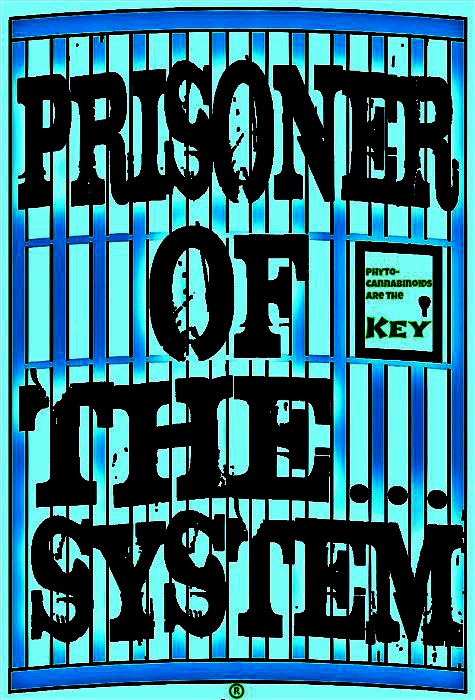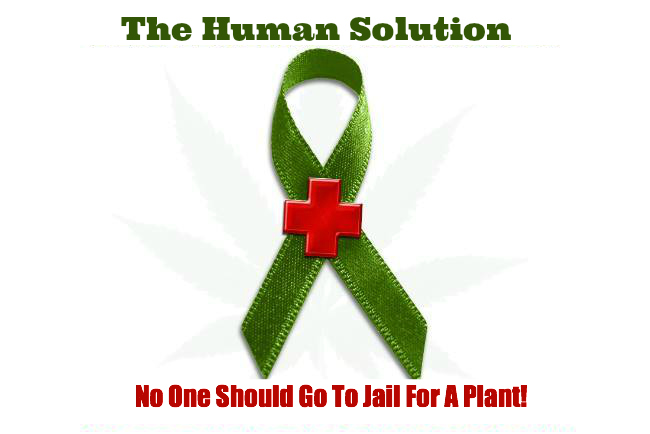1994;24(4):675-90.
Why the U.S. Government is not contributing to the resolution of the nation’s drug problem.
Abstract
 When the U.S. Surgeon General suggested looking at the experience of countries that have officially or de facto decriminalized drugs, the administration’s reaction was unequivocal: under no circumstances would the decriminalization of drugs be considered. This reaction prevails despite the admission by almost everyone that the so-called “war on drugs” is not merely a failure but a disaster. Had the Surgeon General’s suggestion been followed the results would show that decriminalization–judging from the experience of other nations and states within the United States that have decriminalized marijuana–would have few negative consequences and many positive ones, not the least of which would be a lessening of crimes associated with the prohibition of drugs. In the United States the effect might also be to reduce the hidden racist war that takes place nightly in the ghettoes of the nation’s underclass.
When the U.S. Surgeon General suggested looking at the experience of countries that have officially or de facto decriminalized drugs, the administration’s reaction was unequivocal: under no circumstances would the decriminalization of drugs be considered. This reaction prevails despite the admission by almost everyone that the so-called “war on drugs” is not merely a failure but a disaster. Had the Surgeon General’s suggestion been followed the results would show that decriminalization–judging from the experience of other nations and states within the United States that have decriminalized marijuana–would have few negative consequences and many positive ones, not the least of which would be a lessening of crimes associated with the prohibition of drugs. In the United States the effect might also be to reduce the hidden racist war that takes place nightly in the ghettoes of the nation’s underclass.
- PMID:
- 7896469
- [PubMed – indexed for MEDLINE]
-
Publication Types, MeSH Terms, Substances
Publication Types
MeSH Terms
- Crime/prevention & control*
- Crime/statistics & numerical data
- Cross-Cultural Comparison*
- Drug and Narcotic Control/legislation & jurisprudence*
- Europe/epidemiology
- Humans
- Minority Groups/statistics & numerical data
- Poverty Areas
- Psychotropic Drugs*/adverse effects
- Public Policy*
- Social Class
- Street Drugs*/adverse effects
- Substance-Related Disorders/epidemiology
- Substance-Related Disorders/prevention & control*
- United States/epidemiology
Substances
LinkOut – more resources
Other Literature Sources
Medical


